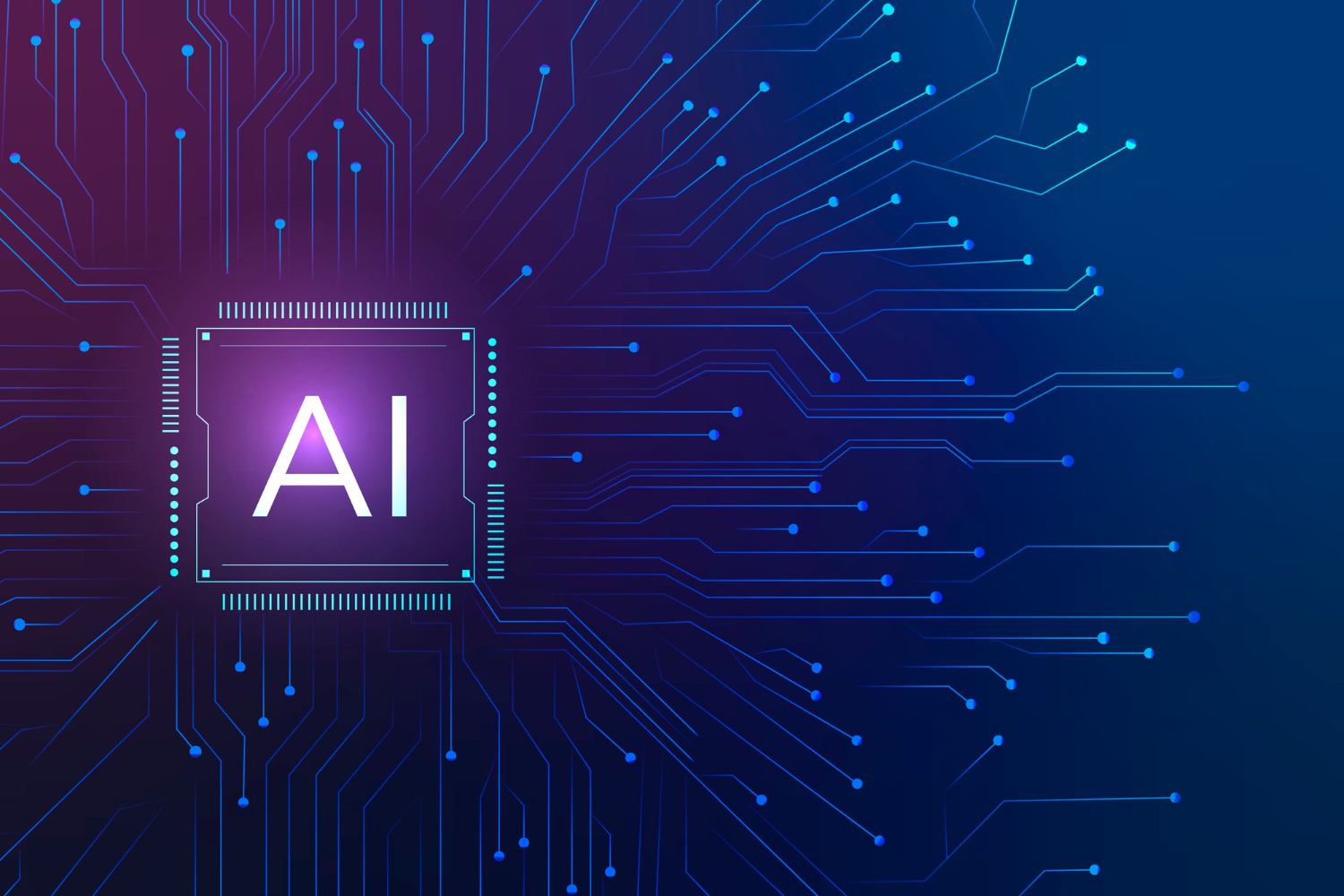Future of AI - You must be aware !!

Technology
The Future of AI: A Look at What's to Come
Artificial Intelligence (AI) has been a buzzword for decades, but in recent years, it has taken on a new level of prominence. From self-driving cars to voice assistants like Siri and Alexa, AI is transforming the way we live and work. But what does the future of AI look like? In this blog, we will explore the potential of AI and its impact on society.
What is AI?
Before diving into the future of AI, it's important to understand what AI is and how it works. AI refers to the ability of machines to learn and make decisions like humans. This is achieved through machine learning, which involves feeding large amounts of data into algorithms to allow the machine to learn and improve over time. AI is used in a variety of applications, from healthcare to finance to transportation.
The Current State of AI
AI is already making an impact in many industries. In healthcare, AI is being used to improve the accuracy of diagnoses and help doctors make more informed decisions. In finance, AI is being used to detect fraud and automate repetitive tasks. In transportation, AI is being used to develop self-driving cars that can improve safety and reduce congestion.
However, there are also concerns about the impact of AI. Some worry that AI could lead to job loss, as machines take over tasks that were once done by humans. Others worry about the potential for AI to be used for malicious purposes, such as creating deepfakes or other forms of disinformation.
The Future of AI
Despite these concerns, the future of AI is bright. Here are some potential developments that we could see in the coming years:
- Improved Personalization
One of the most exciting applications of AI is in personalization. With the ability to collect and analyze vast amounts of data, AI can help companies tailor their products and services to individual consumers. This could lead to a world where every product is customized to the user, from clothing to food to entertainment.
- Autonomous Systems
AI is already being used to develop autonomous systems, such as self-driving cars and drones. As these technologies continue to improve, we could see a world where autonomous systems are used in a variety of industries, from construction to manufacturing to agriculture.
- Improved Healthcare
AI has the potential to revolutionize healthcare by improving diagnoses and treatment plans. With the ability to analyze large amounts of medical data, AI could help doctors identify patterns and make more informed decisions. AI could also be used to develop personalized treatment plans based on an individual's unique genetic makeup.
- Enhanced Security
AI could be used to improve security in a variety of industries. In finance, AI could be used to detect fraud and prevent cyberattacks. In transportation, AI could be used to prevent accidents and reduce congestion. AI could also be used to identify potential threats and prevent terrorist attacks.
- New Jobs and Industries
While some worry about the impact of AI on jobs, others believe that AI could create new industries and job opportunities. As AI technologies continue to develop, we could see the emergence of new industries focused on developing and implementing AI systems. Additionally, AI could create new jobs in industries such as healthcare, where AI could be used to improve patient care.
Challenges for the Future of AI
While the potential of AI is exciting, there are also significant challenges that need to be addressed. One of the biggest challenges is ensuring that AI is developed in an ethical and responsible way. As AI becomes more powerful, it could be used for malicious purposes, such as creating deepfakes or other forms of disinformation. Additionally, there is a risk that AI could perpetuate biases and inequalities if it is not developed with diversity and inclusivity in mind.
Another challenge is ensuring that AI is developed in a way that benefits.